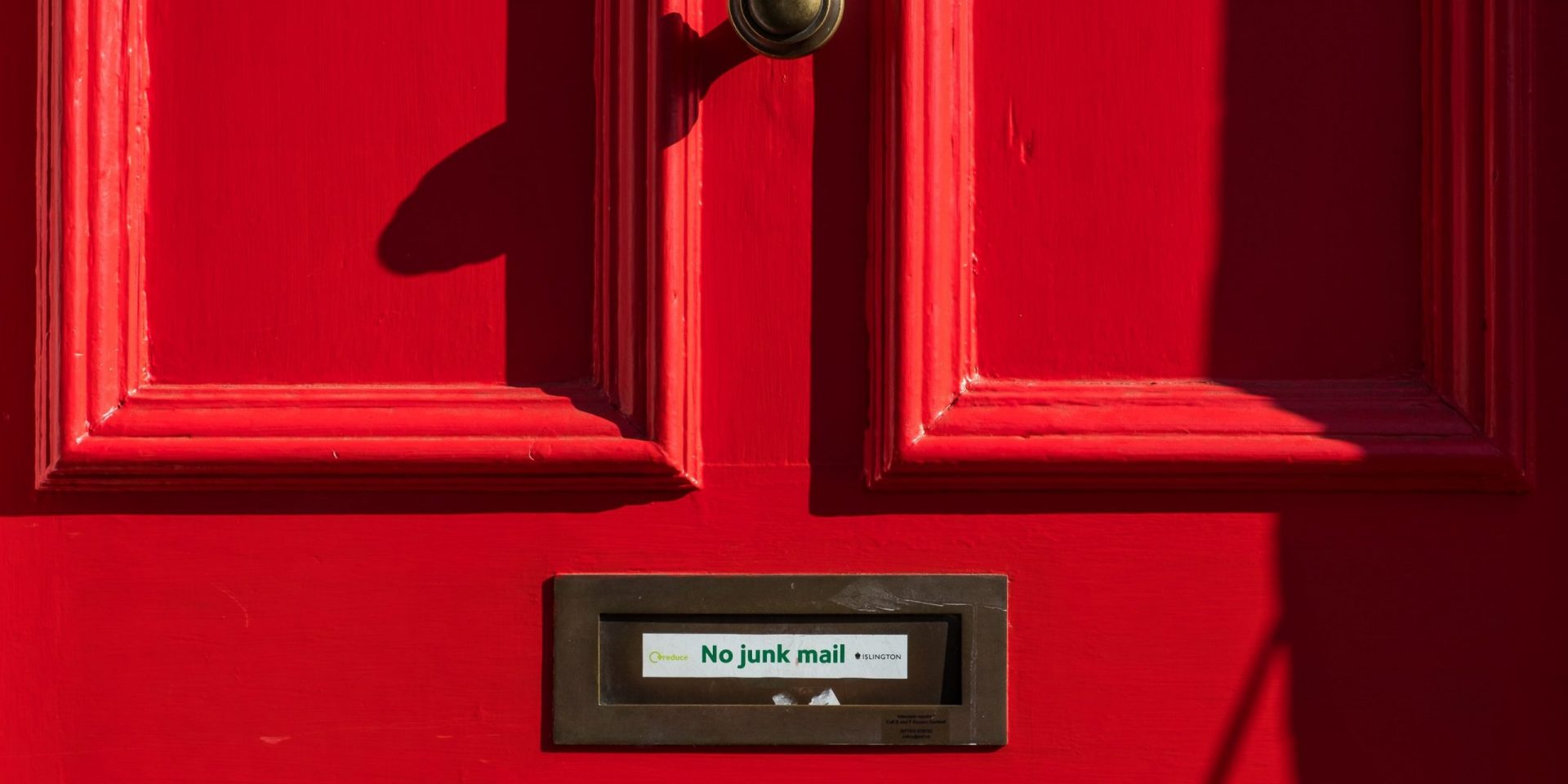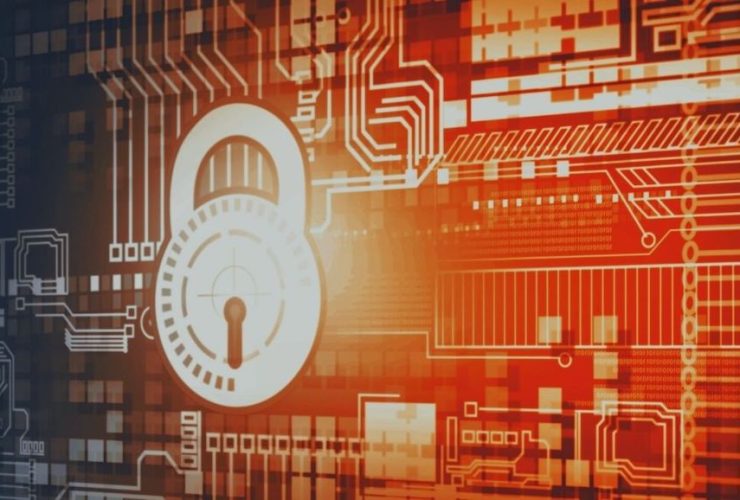The Covid-19 pandemic has opened the floodgates for cybercriminals to exploit the weakest links in any business’ cyber defences: people. Whether it be conning customers with spoof emails or targeting staff with phishing emails, nothing is off-limits. Which is why a secure email system that uses end-to-end encryption and DMARC validation technology can help to ensure you and your clients don’t fall victim to opportunistic cyber attacks.
Enterprise security in lockdown
Fraudsters love an angle. So it should come as no surprise to anyone that the chaos and confusion of the Covid-19 pandemic has been fully exploited by cyber criminals. Google recently reported that they were detecting upwards of 18 million malware and phishing messages every day through their Gmail platform at the height of the crisis. Not to mention 240 million daily spam messages relating to the coronavirus.
Another recent report by the International Criminal Police Organization, better known as Interpol, confirmed that cyber criminals were blatantly exploiting lockdown security gaps. Their analysts found that fraudsters were increasingly deploying COVID-19 themed phishing emails, often impersonating Government and health authorities, to entice victims into providing personal data or downloading malicious content.
Email authentication techniques
If you represent a business in the professional services industry, enterprise security will no doubt be a top priority. A core element of your cyber defences should be a secure email solution. Statista predicts that we will be sending in excess of 320 billion daily emails worldwide by 2021, which underlines just how important email continues to be. Its ease and convenience is, ironically, exactly why cyber criminals choose to exploit it.
Two important protocols that can help your business to double down on its secure email processes are SPF Sender Policy Framework (SPF) and Domain Keys Identified Mail (DKIM). SPF allows email senders to define which IP addresses are allowed to send mail for a particular domain, while DKIM provides an encryption key and digital signature that confirms that an email wasn’t forged or altered in any way.
Ultimately, when implemented correctly, SPF and DKIM can protect your business from phishing and spoofing attacks – helping to safeguard both your brand reputation and the trust of your valued clients. However, there is a third layer of security to add into the mix, which can enhance your secure email processes further still and it’s called DMARC.
Return of DMARC
So what is DMARC? DMARC stands for Domain-based Message Authentication Reporting and Conformance. This system was the brainchild of PayPal in collaboration with Google, Microsoft and Yahoo! DMARC protects a company’s email domain from phishing and spoofing scams by leveraging SPF and DKIM, whilst adding an all-important layer of reporting to let domain owners see who is sending emails from their domain.
Having this information at your fingertips enables you to protect your customers and employees alike. Malicious emails that claim to be from your business become a thing of the past as you gain full control of your email channels. With a DMARC policy in place, your business can minimise phishing attacks on clients, malware and ransomware attacks, brand abuse scams and spear phishing attacks on your personnel.
Future-proof your email security
Of course, nothing is perfect and it would be misleading to suggest that these tools will deliver 100% protection. You’ll certainly be better protected than most, but there are some limitations. DMARC is still in its infancy, isn’t widely adopted yet and needs to be set up correctly – in conjunction with SPF and DKIM – for it to work effectively. Having said all that, the benefits of having these tools installed still outweigh the negatives.
The likelihood is that these sophisticated email security solutions will eventually become commonplace. We’re just not there yet. But as an early adopter, you can future-proof your email security and ensure that your email systems are as secure as practicably possible. For time-poor IT departments, the most efficient solution is to outsource to a specialist provider in this area. Intellesec has the technology and expertise you need.
As well as our in-depth technical support, Intellsec inbox security service provides a continuous, adaptive and automated extra layer of security directly in your mailboxes. Inbound, outbound and delivered emails are persistently rescanned for threat indicators and real-time analysis of user and mailbox behaviour helps to detect any anomalies. No stone is left unturned to safeguard your enterprise security.
Automated remediation occurs at an individual and organisation-wide level, while a user-friendly mailbox plugin enables users to scan and report suspicious emails. This information is then aggregated back into the system to enhance your threat detection capabilities even further. Our technology and expertise, combined with a robust DMARC policy, can provide a robust wall of defence around your firm’s email systems.
Contact Intellesec today
For more information about our sophisticated inbox security service, or to discuss your cyber security requirements in more detail, please contact Intellesec today on 0116 3266123 or email hello@intellesec.co.uk.



